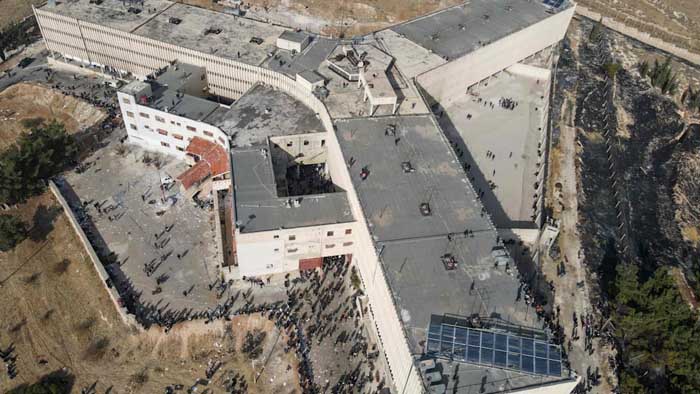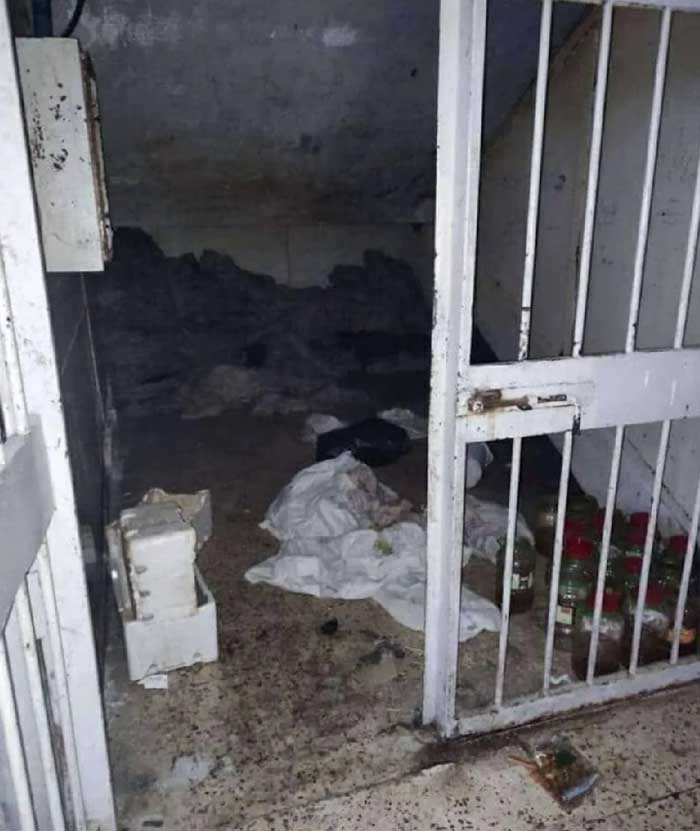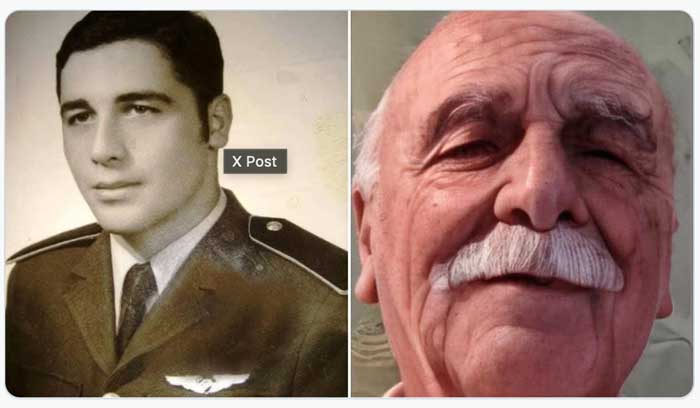 News Staff
News Staff![]() -
December 9, 2024 -
World at War
Bashar al-Assad
Hafez al-Assad
Fall of Syria 2024
-
1.7K views -
0 Comments -
0 Likes -
0 Reviews
-
December 9, 2024 -
World at War
Bashar al-Assad
Hafez al-Assad
Fall of Syria 2024
-
1.7K views -
0 Comments -
0 Likes -
0 Reviews

DLNews World at War:
Behind the prison walls of Syria, a nightmare endured for decades has finally come to an end. The fall of Bashar al-Assad, the brutal dictator who ruled Syria since 2000, marks the conclusion of a dark chapter that began under his equally ruthless father, Hafez al-Assad, who led the nation with an iron grip from 1971 to 2000. As the dust settles on the ruins of tyranny, the world bears witness to the horrors inflicted upon the Syrian people—a somber reminder of the resilience of those who suffered and the failure of global powers to intervene decisively.

In Damascus, scenes of liberation unfolded as anti-Assad rebels flung open the gates of the regime's notorious prisons, revealing a human tragedy of staggering proportions. Freed prisoners, some of whom had been confined for decades, emerged blinking into the light, their first moments of freedom filled with confusion and disbelief. Many asked if the Iraqi army had rescued them, unaware of the passage of time and the overthrow of their tormentor.

Among the freed were not only those incarcerated by Bashar al-Assad but also political prisoners detained under Hafez al-Assad’s rule. Students jailed for peaceful protests, families separated by bars, and even children emerged from the infamous Saidnaya and Mezzeh prisons, where tens of thousands perished under torture and inhumane conditions.

Many prisoners had to live in filthy cells.
The scenes are haunting: women and children streaming from cells faces etched with a mixture of relief and disbelief. One photo, now seared into the global consciousness, shows a young boy stepping out of a cell, his wide-eyed amazement a heartbreaking testament to the horrors endured within. "We are revolutionaries!" cried the liberators, reassuring the prisoners that they were finally free.

A little boy comes out of his prison cell. Assad even locked up children.
Yet the scars of this brutality remain. Accounts of unimaginable cruelty have surfaced, painting a grim picture of life under the Assad regime. One freed man recounted the grim reality of drinking from bottles he could no longer distinguish as containing urine or water. A Palestinian survivor bore the marks of cigarette burns inflicted by prison guards. In Mezzeh prison, one prisoner described a chilling encounter with his long-lost brother-in-law, whose mental and physical state had been shattered by years of imprisonment.

This is supposed to be a human press used to kill prisoners or dispose of corpses.
Particularly harrowing are the stories emerging from Saidnaya prison, where conditions were described as a slow death sentence. Middle East expert Tobias Schneider captured the grim reality: "Many people who died in Saidnaya and similar facilities were not executed; they simply perished slowly—through a combination of torture, disease, malnutrition, until finally one morning they simply did not get up." Images of crude torture devices, including the so-called "iron press" used to crush prisoners to death, underscore the depth of the regime's inhumanity.
The release of Raged Altatari, a military pilot imprisoned for 43 years after refusing to attack civilians during the Hama rebellion in 1982, highlights the regime's relentless cruelty. Before-and-after images circulating online reveal a man whose spirit remained unbroken despite decades of unimaginable suffering.

For some, freedom came in the eleventh hour. A 63-year-old writer, slated for execution after seven months in Mezzeh prison, found his door opened not by an executioner but by his liberators. "Instead of being dead tomorrow, thank God, I have been given a new life," he told reporters.
This moment of liberation is bittersweet—a victory for the Syrian people overshadowed by the enormity of their suffering. The world must now reckon with its role in enabling this brutality to persist for so long. The inaction of global powers, the complicity of allies, and the indifference of international institutions allowed Bashar al-Assad to wield unchecked power, leaving millions to endure a nightmare that defies comprehension.

The fall of the Assad dynasty is a testament to the enduring human spirit, but it is also a stark reminder of the cost of tyranny. As the freed emerge from the shadows, they carry with them the burden of a nation's trauma and the hope for a brighter, freer future. The world owes it to Syria to ensure that such atrocities are never allowed to take root again.

Desert Local News is an invitation-only, members-based publication built on fact-checked, non-biased journalism.
All articles are publicly visible and free to read, but participation is reserved for members—comments and discussion require an invitation to join.
We cover local, state, and world news with clarity and context, free from political agendas, outrage, or misinformation.